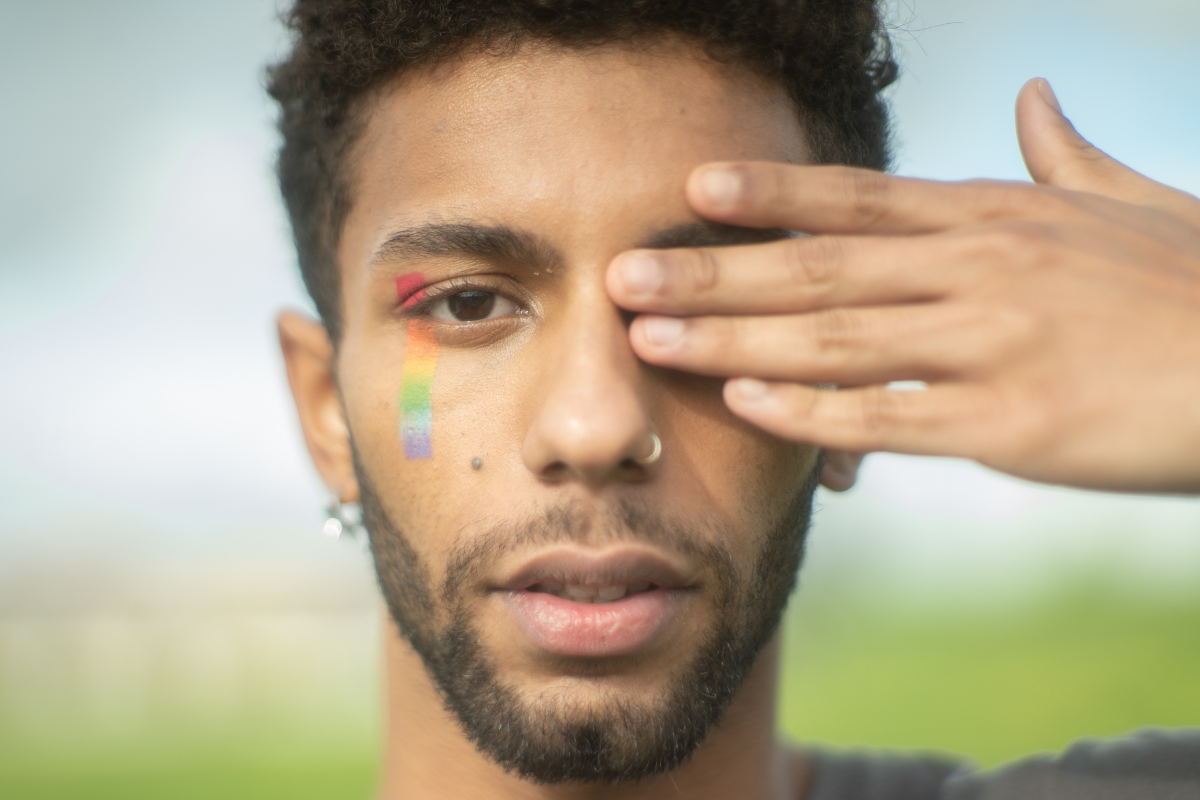
LGBTQ+ mental health is a critical yet often overlooked area of concern. Mental health is a universal issue, yet LGBTQ+ individuals often face unique challenges that exacerbate their struggles. From systemic discrimination to internalized stigma, the factors contributing to these disparities are multifaceted and deeply rooted in societal structures.
Key Mental Health Challenges Faced by LGBTQ+ Individuals
LGBTQ+ individuals are disproportionately affected by mental health issues compared to their heterosexual and cisgender counterparts. According to the American Psychiatric Association, they are more than twice as likely to experience a mental health disorder in their lifetime. Specifically, they are 2.5 times more likely to suffer from depression, anxiety, and substance misuse.
Youth within the LGBTQ+ community are particularly vulnerable. The Trevor Project’s 2024 National Survey revealed that nearly 40% of LGBTQ+ youth seriously considered suicide in the past year, with transgender and nonbinary youth facing even higher risks.

The Impact of Discrimination on LGBTQ+ Mental Health
Discrimination remains a pervasive issue affecting the mental well-being of LGBTQ+ individuals. Experiences of prejudice, rejection, and violence contribute to heightened levels of stress and psychological distress. The Centers for Disease Control and Prevention (CDC) emphasizes that such discriminatory experiences can lead to increased rates of depression, anxiety, and suicidal ideation among LGBTQ+ youth.
Moreover, the intersectionality of identities can compound these effects. For instance, LGBTQ+ individuals who are also people of color may face dual discrimination, intensifying their mental health challenges.
Minority Stress: A Framework for Understanding
The Minority Stress Model offers insight into how societal pressures uniquely affect marginalized groups. This model identifies chronic stressors—such as discrimination, internalized stigma, and expectations of rejection—that LGBTQ+ individuals endure due to their minority status. These stressors are linked to adverse mental health outcomes, including heightened anxiety, depression, and substance use disorders.
Minority stress is not only prevalent but also persistent, leading to long-term psychological effects. Addressing these stressors requires systemic change and supportive interventions that acknowledge and mitigate these unique challenges.
Gender Affirming Therapy: A Path Forward

Finding a therapist who understands and respects an individual’s identity can make a world of difference in a mental health journey. Gender-affirming therapy focuses on creating a safe and welcoming environment where people can openly express without fear of judgment. Here are some key aspects of this approach:
- Creating a Supportive Space: Establishing an environment that encourages open and honest communication about personal experiences and emotions.
- Respecting Identity: Ensuring the use of correct names and pronouns to promote a sense of dignity and trust.
- Addressing Internalized Negativity: Providing guidance to help individuals recognize and dismantle internalized negative perceptions related to their identity, fostering self-acceptance and resilience.
The goal of gender-affirming therapy is to empower one to navigate life’s challenges while embracing who you are. It’s about recognizing the individual’s worth and building a path toward mental and emotional well-being.
Additional Considerations: The Role of Policy and Community Support
Legislation and public policy significantly impact the mental health of LGBTQ+ individuals. Anti-LGBTQ+ laws and policies can exacerbate feelings of marginalization and fear, leading to increased mental health issues. Conversely, inclusive policies and protections can foster a sense of safety and belonging.
Community support also plays a vital role. Access to LGBTQ+ affirming spaces, support groups, and community resources can provide individuals with the necessary support to navigate their mental health journeys.
Conclusion
Understanding and addressing the mental health disparities in LGBTQ+ communities requires a multifaceted approach that includes individual support, inclusive therapeutic practices, and systemic change. By acknowledging the unique challenges faced by LGBTQ+ individuals and implementing affirming strategies, we can work towards a more equitable and supportive mental health landscape for all.
Responsibly edited by AI
Other Blog Posts in
Animo Sano Psychiatry is open for patients in North Carolina, Georgia and Tennessee. If you’d like to schedule an appointment, please contact us.
Get Access to Behavioral Health Care
Let’s take your first step towards. Press the button to get started. We’ll be back to you as soon as possible.ecovery, together.





